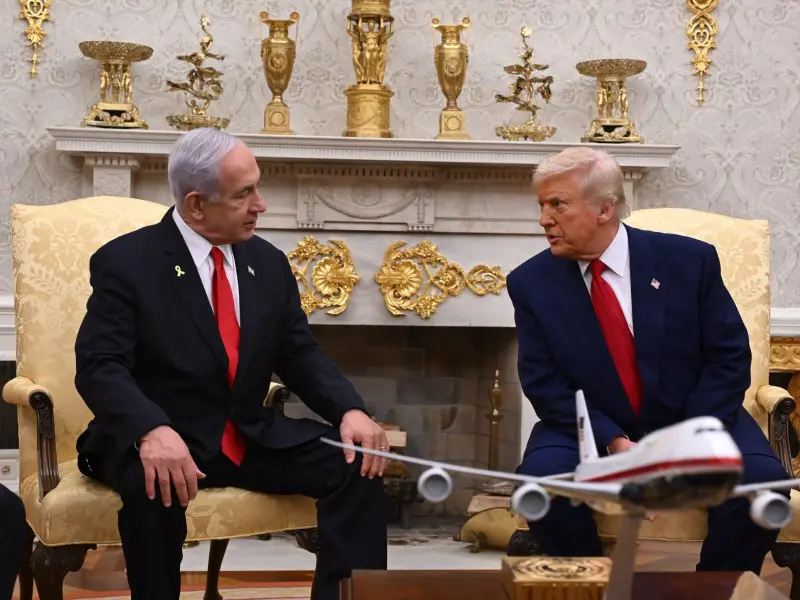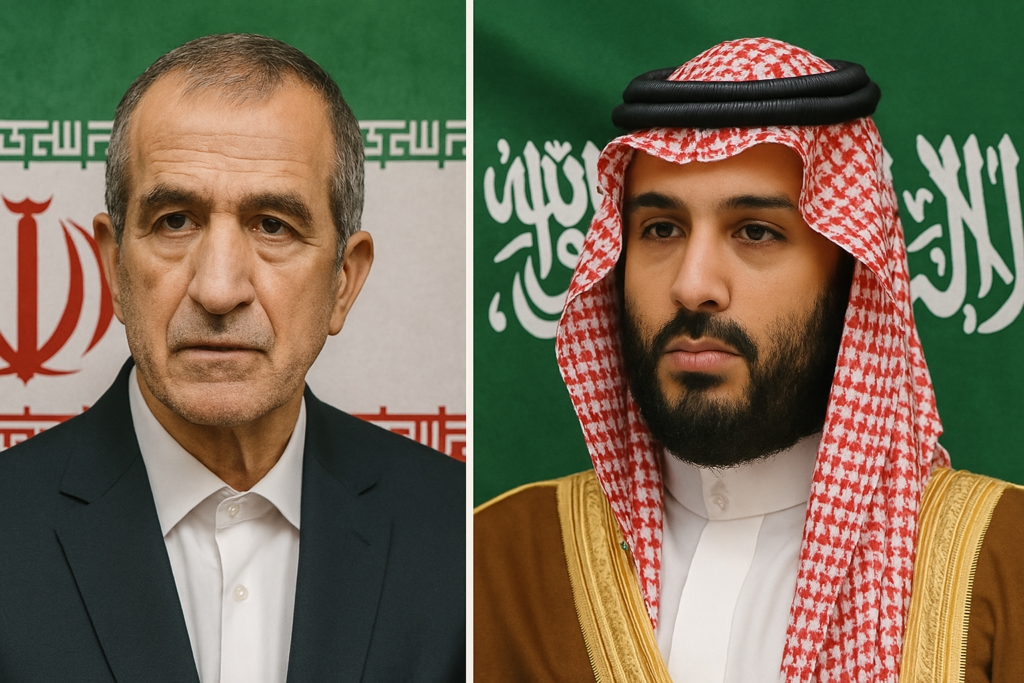A staff member of the United Nations Mine Action Service (UNMAS), who was injured by a booby trap in Gaza and later treated by Israeli medical personnel, was found to have Nazi tattoos—including imagery of an SS officer and the infamous Waffen SS motto.
The discovery, made during routine medical care at an Israeli hospital, sent shockwaves through the defense and diplomatic community. Among the tattoos were the SS motto “Meine Ehre heißt Treue” (“My honor is loyalty”), a clear reference to the Waffen SS—the elite military wing of the Nazi regime responsible for countless war crimes, including the mass murder of Jews during the Holocaust.
Even more outrageous, the United Nations attempted to blame Israel for the incident, claiming the staffer was harmed by IDF activity. However, Israeli officials quickly pushed back, clarifying that no IDF forces were operating in the area where the blast occurred. Instead, Israeli intelligence suspects that the booby trap was planted by Hamas—a group known to booby-trap civilian areas, schools, and even UN facilities as part of its terrorist warfare.
“This incident is not just disturbing—it’s grotesque,” said one Israeli security official. “Israel provided life-saving medical care to a UN employee with Nazi tattoos while being falsely accused of injuring him. It’s a perfect storm of hypocrisy and moral bankruptcy.”
The incident raises urgent questions about the ideological background of UN personnel operating in Gaza and elsewhere in the region. How does someone openly bearing Nazi symbols—a direct insult to the memory of six million murdered Jews—end up working in a UN agency? And how many more like him remain undetected?
The UN’s refusal to vet its employees properly, particularly in Gaza, has long been a source of concern. Multiple UNRWA staff members have been exposed as Hamas operatives or supporters, with some participating directly in the October 7 massacre. This latest revelation only deepens the crisis of credibility facing the United Nations and its affiliated agencies.
Worse still is the irony: while Israel is demonized on the global stage and repeatedly accused of “war crimes” for defending itself, it is simultaneously saving the life of a man who glorifies the very ideology that sought its annihilation.
The IDF had no obligation to treat this man—but it did. Because unlike Hamas, unlike the UN’s so-called “humanitarian” activists, Israel stands for life—even when the patient has the symbols of death etched into his skin.



